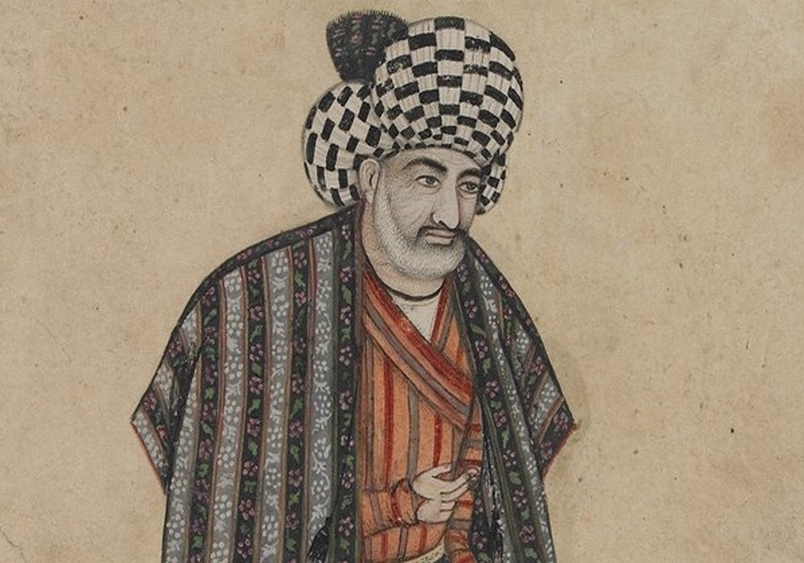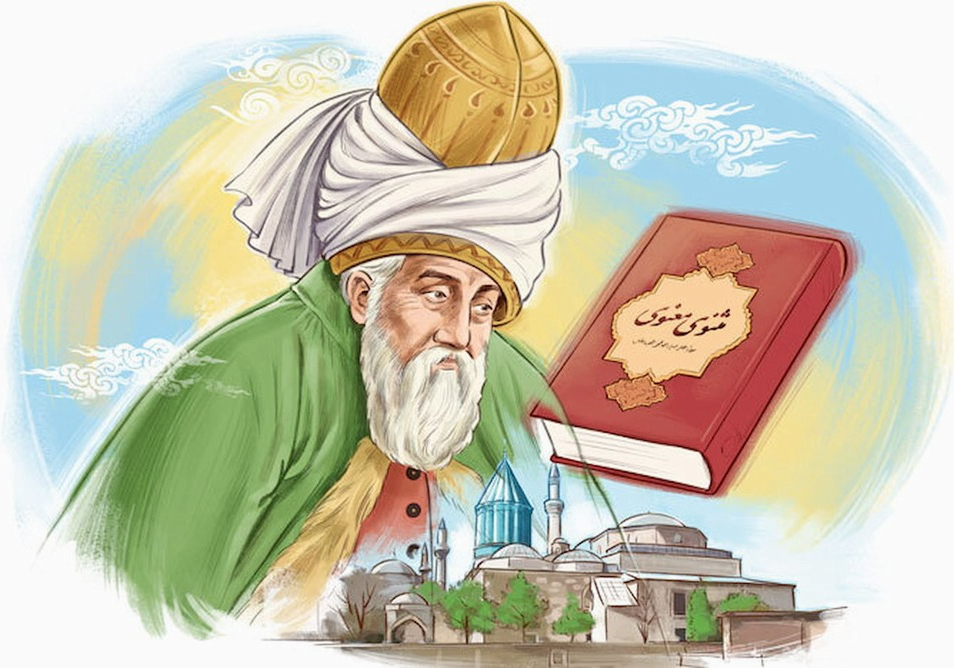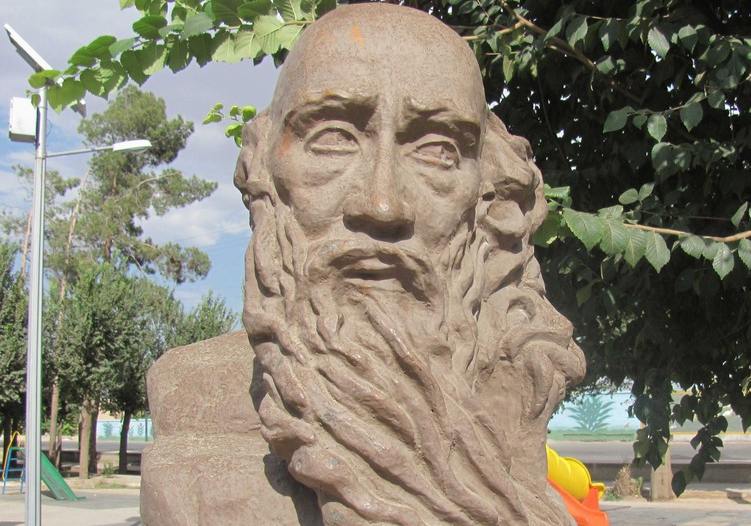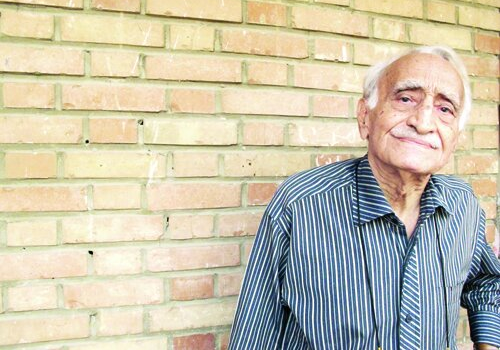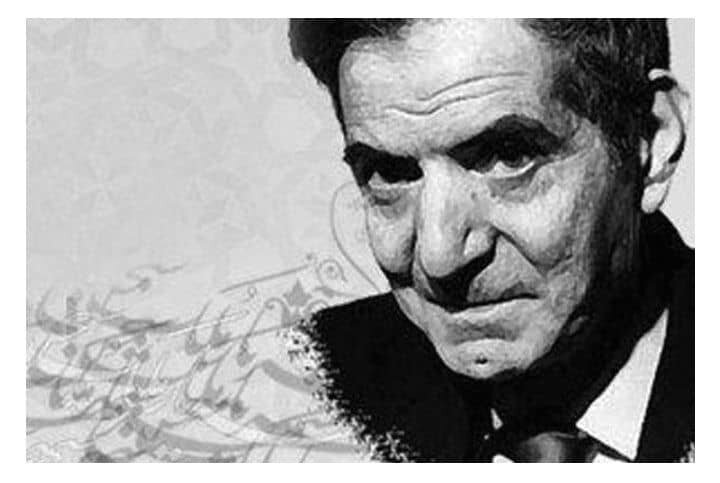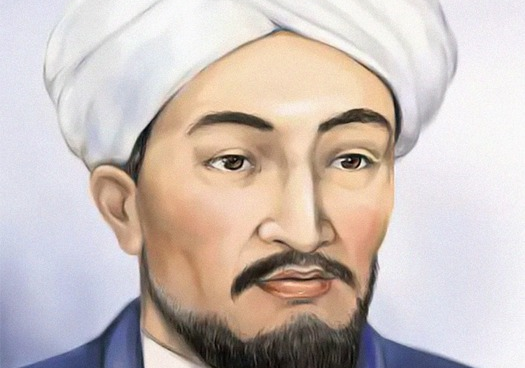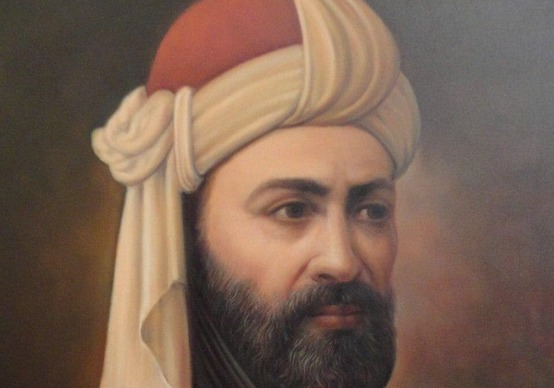
Allameh Tabatabai: Outstanding Role in the Development of Islamic Philosophy
Sayyid Muhammad Husayn Tabataba’i, popularly known as Allameh Tabataba’i, was a Shiite scholar, exegetist, philosopher, theologian, jurist, and mystic who had an influential role in the intellectual and religious atmosphere of Iran in the 14th century AH (20th century AD). Allameh Tabataba’i is the author of “Al-Mizan fi Tafsir al-Qur’an” known as Tafsir al-Mizan and “Shia in Islam” and the philosophical books “Badaiya al-Hikmah”, “Nahayah al-Hikmah”, and “Usul Falsafeh wa Ravesh-e Realism (The Principles of Philosophy and the Method of Realism). Unlike some other Islamic scholars, instead of focusing on jurisprudence and its principles, Allameh Tabataba’i established a course on the interpretation of the Holy Qur’an and philosophy in the Qom Seminary, which resulted in the progress and development of the knowledge of exegesis. His method of interpretation was interpreting the Qur’an by the Qur’an.
Biography and Works
According to Allameh Tabataba’i’s autobiography, he was born in Shadabad, a village in Tabriz, in the year 1904. His father, Haj Mirza Baqir, and his paternal uncle, Mirza Asadullah, were well-known scholars of Tabriz. Muhammad Husayn studied his elementary education in a maktab in his hometown and then joined the “Talebiyya” in Tabriz school where he studied religious and Arabic sciences and learned the principles of jurisprudence. He then studies the books "Sharh Lamea" and "Makasab" in jurisprudence, the books "Ma’alim", "Qawanin", "Rasa’il", and "Kifayeh" in principles of jurisprudence, the books "Kobra", "Hashiyah", and "Sharh-e Shamsiyya" in the logic, the book "Sharh Asharat in philosophy, and the book "Kashf al-Morad" in Kalam (theology). In 1925, he went to Najaf to continue his education and studied a course on jurisprudence and its principles under Ayatollah Agha Sheikh Mohammad Esfahani. He also benefited from the lessons of Ayatollah Naini, Ayatollah Agha Sayyid Abulhasan Esfahani, Ayatollah Hojjat Koh Kamreai, Haj Mirza Ali Agha Tabatabai’i Tabrizi, Aga Sayyid Hossein Badkubeh’i, and Ayatollah Sayyid Abulqasem Khansari. After returning to Iran, he went to his hometown in 1935 and stayed there for 10 years. He subsequently went to Qom from Tabriz in 1946 and studied at the Qom Seminary for some time, and learned from prominent teachers such as Ayatollah Sayyid Mohammad Khaansari, Ayatollah Sayyid Mohammad Hojjat Koh Kamreei and simultaneously trained his students. Allameh Tabatabai’s scholarly meetings and discussions with the French philosopher and scholar of Shiite studies, Henry Corbin, laid the groundwork for the introduction of Shiism to Europeans. His discussions with Henry Corbin have been published in Farsi, Arabic, French, and English under the title “Shiite School of Thought”.
Development of Islamic philosophy
Keeping in view the scholarly works, writings, and speeches of the late Allameh Tabataba’i, five points can be mentioned regarding his role in the development of Islamic philosophy.
First, the growth and development of Islamic philosophy: By writing the books “Badayeh al-Hikmah” and “Nahayah al-Hikmah”, he opened a new phase for Islamic philosophy. Teaching philosophy, especially Mullah Sadra’s Transcendent Theosophy and Asfar, his philosophical innovations (16 cases), and the commentaries he wrote on Asfar were part of his contribution to the development of Islamic philosophy.
Second, religious studies and theological sciences: In this context, by resorting to philosophical discussions, he highlighted the fundamentals of faith. Moreover, he paid attention to up-to-date religious discussions and, in this regard, wrote the treatise “Al-Wilayah” and the books “Shia in Islam” and “Qur'an in Islam.
Third, anthropology: Anthropology is the basis and foundation of Islamic teachings. He wrote several works on anthropology such as “Man Before the World”, “Man in the World”, and “Man After the World”.
Fourth, ethics: The late Allameh Tabataba’i had two new innovative ideas with regard to ethics. A) theoretical ethics discussed in the form of the “Theory of Conventions” and based on this, he has presented a new explanation of moral propositions. B) practical ethics, which he has addressed in Tafsir al-Mizan and has explained the monotheistic creed of the Qur'an about ethics.
Fifth, the extension of philosophy to humanities: He has written independent works on sociology, political science, law, educational topics, and sometimes psychology issues. In “Al-Mizan”, too, he has discussed many issues in the field of human sciences.
November 15 has been named as the commemoration day of Allameh Tabataba’i in the national calendar of Iran.
| Name | Allameh Tabatabai: Outstanding Role in the Development of Islamic Philosophy |
| Country | Iran |
| Nickname | Allameh Tabatabai |
| Production Time | Born16 March 1903 Tabriz, Sublime State of Persia Died15 November 1981 (aged 78) Qom, Iran |
| Works | Sheikh Bahai and the Need for Reviving His Tumar Allameh Tabatabai: Outstanding Role in the Development of Islamic Philosophy Unsuri Balkhi: The Peak of Eulogy Jabbar Baghtcheban: The Teacher of Iranian Deaf Children Tafsir al MizanShi a Islam (Persian: Shi ah dar Islam)The Principles of Philosophy and the Method of Realism (Persian: Usul i falsafeh va ravesh i ri alism) in five volumes, with the commentary of Murtada Mutahhari.[10] Glosses al kifayah (Persian: Hashiyahi kifayah). Glosse upon the new edition of the Asfar of Sadr al Din Shirazi Mulla Sadra appearing under the direction of Allameh Tabataba i of which seven volumes have appeared.Dialogues with Professor Corbin (Persian: Mushabat ba Ustad Kurban) Two volumes based on conversations carried out between Allameh Tabatabai and Henry Corbin of which the first volume was printed as the yearbook of Maktab i tashayyu , 1339 (A.H. Solar)Risalah dar hukumat i islami, (Treatise on Islamic Government). Hashiyah i kifayah (Glosses upon al Kifayah).Risalah dar quwwah wafi (Treatise on Potentiality and Actuality). Risalah dar ithbat i dha t (Treatise on the Proof of the Divine Essence). Risalah dar sifat (Treatise on the Divine Attributes). Risalah dar ata (Treatise on the Divine Acts). Risalah dar wasail (Treatise on Means). Risalah dar insan qabl al dunya (Treatise on Man before the World) Risalah dar insan fi al dunya (Treatise on Man in the World). Risalah dar insan bad al dunya (Treatise on Man after the World).Risalah dar nubuwwat (Treatise on Prophecy). Risalah dar wilayat (Treatise on Initiation). Risalah dar mushtaqqat (Treatise on Derivatives). Risalah dar burhan (Treatise on Demonstration). Risalah dar mughalatah (Treatise on Sophism).Risalah dar tahlil (Treatise on Analysis). Risalah dar tarkib (Treatise on Synthesis).Risalah dar i tibarat (Treatise on Contingents). Risalah dar nubuwwat wa manamat (Treatise on Prophecy and Dreams)Manza mah dar rasm i khatt i nastaliq (Poem on the Method of Writing the Nastaliq Style of Calligraphy). Ali wa al falsafat al ilahiya (Ali and Metaphysics) Quran dar Islam (The Quran in Islam). |
| Yard period | Contemporary |
| Type | Academic |

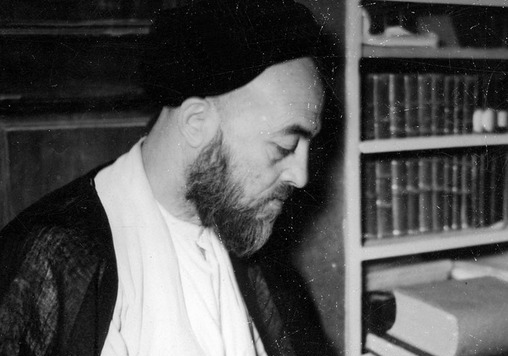
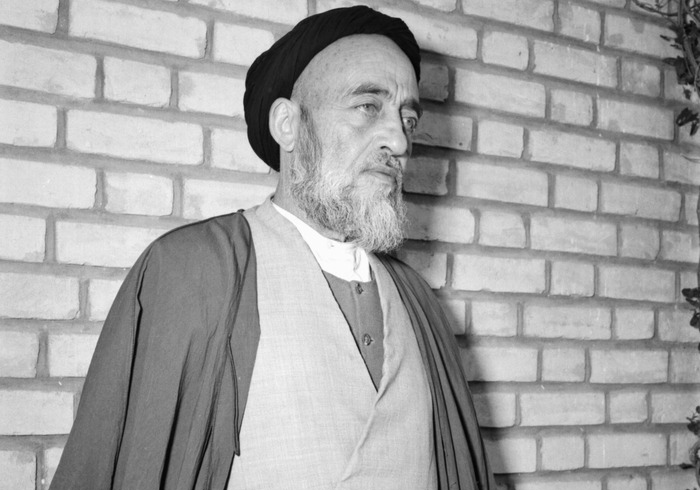
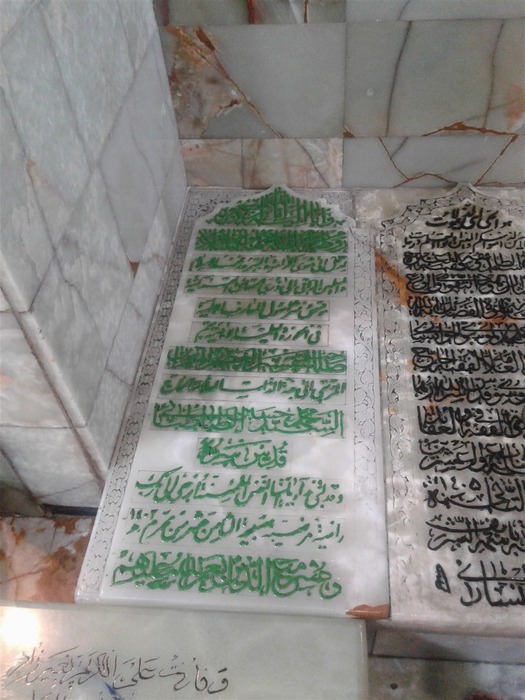




Choose blindless
Red blindless Green blindless Blue blindless Red hard to see Green hard to see Blue hard to see Monochrome Special MonochromeFont size change:
Change word spacing:
Change line height:
Change mouse type:


